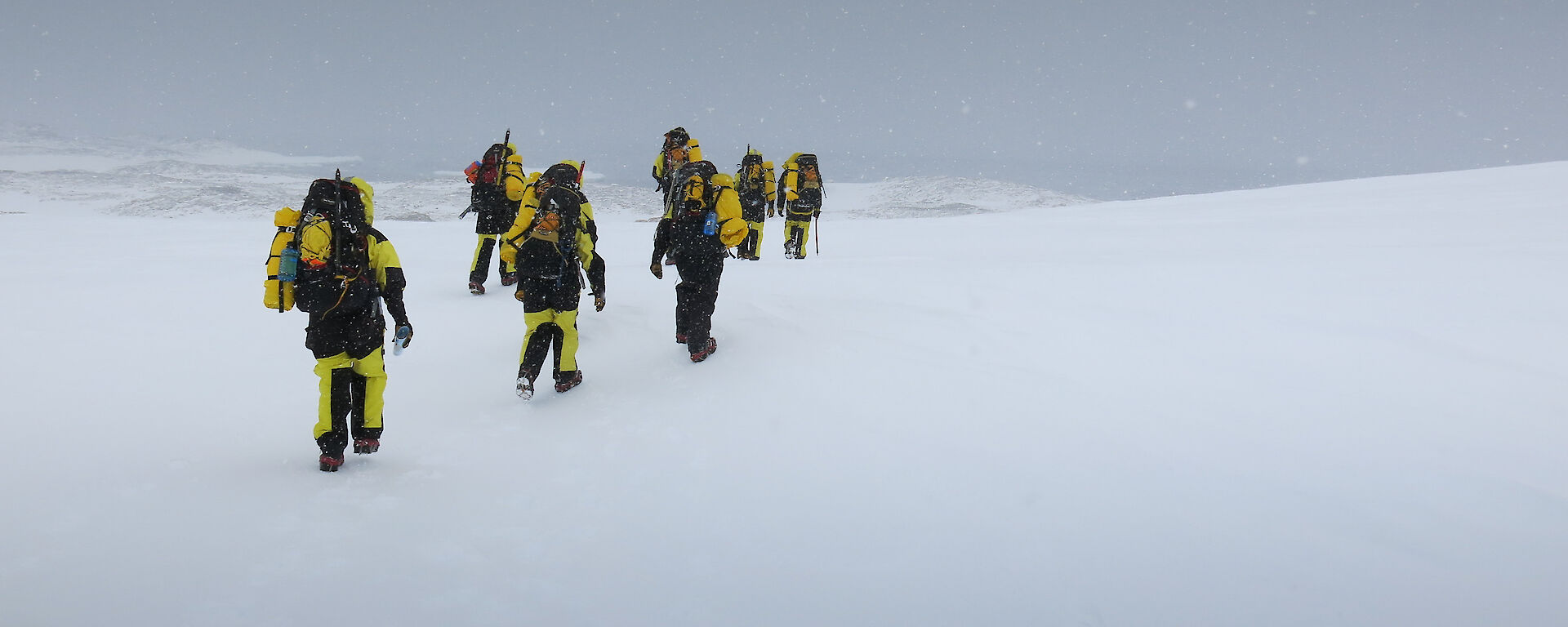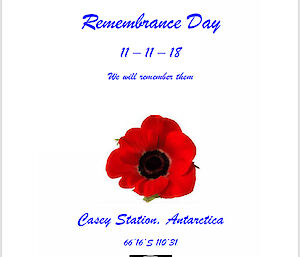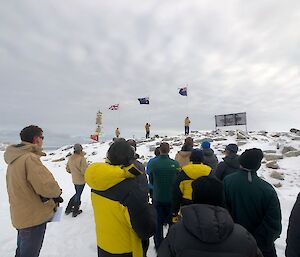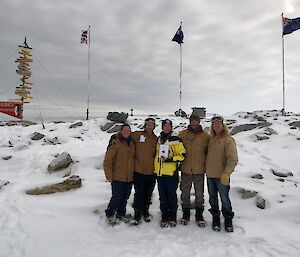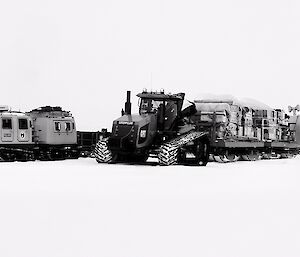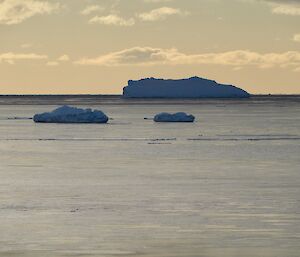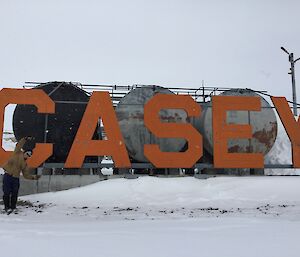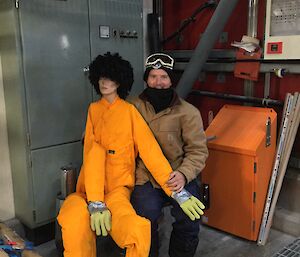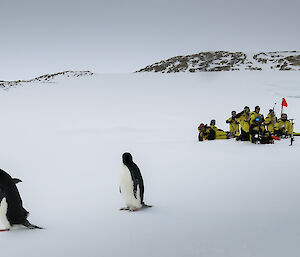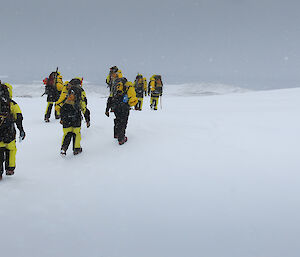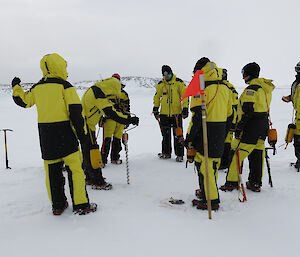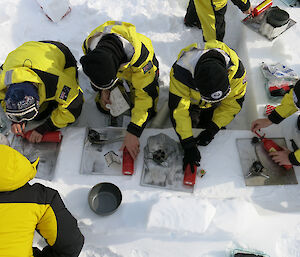Nicknames:
Flynn, Flynny, Flynno, Flynn-meister, the Flynnisher, Matty Flynn
From:
Perth, Western Australia
Previous seasons?
None, this is my first time south!
Job title:
Maintenance Electrician
Describe your role in two sentences:
Ensuring things don’t go BANG when they're switched on, avoiding main powerhouse trips, avoiding fire panel alarms, and staying adequately caffeinated!
What did you do before your joined the AAD?
I was working as a fixed plant maintenance electrician on a iron ore mine, in the Pilbara in the north west of Western Australia
What is your favourite part of your job here at Casey?
Sharing laughs with some pretty funny humans, and watching the penguins do their thing!
If you were not a electrician what would be your dream job?
Professional boxer/athlete, or boxing promoter/manager…
How does this season at Casey compare to your previous seasons down south?
NA
What do you like to do in your spare time?
I love to sleep, watch movies, and play playstation. When I’m not sleeping I’m at the gym trying to work off all the excess chocolate or ice cream I've eaten.
What song sums up your Casey experience so far?
Darius Rucker, 'Wagon Wheel'. This song was playing on our first Friday night on station — we were having beers and a bbq outside, it was freezing and snowing and pretty amazing all at the same time!
What actor would play you in a film version of our 72nd ANARE season here at Casey?
Brad Pitt (as the character Mickey the Traveller, from the movie Snatch)
Favourite piece of Australian Antarctic Division kit?
Long sleeve thermal top, appropriate for all occasions!
What is your favourite book / movie (or both) and why?
'Shantaram' by Gregory David Roberts. It’s one of those books you can’t put down, edge-of-the-seat type stuff! Any horror movie, 'The Conjuring' and 'Hereditary' come to mind (who doesn't love a good horror movie?).
What is your typical ‘Slushy FM’ genre? Do you have a particular favourite?
Usually depends on my mood at the time, or how many coffees I've had that morning, but more often than not it'll be folksy, acoustic, singer songwriter-type stuff.
Describe your Casey experience with: a sight, a smell, a sound, a feeling and a taste.
The vastness of Antarctica when I stepped off the plane at Wilkins really got me. All I remember seeing was white to the horizon (in every direction!). It really made me aware of how small we are in the scale of life.
The smell the waste water treatment plant leaves in your neck gaiter (ain’t no-one got time for that, yuck!).
The sound of the fire alarm bells (is this another drill?!).
That feeling before you push a button on the fire panel and you just hope it doesn’t set off the site-wide alarm (SEND IT!).
The taste of powdered millk (sorry I can’t pretend, it’s just not the same as fresh milk :(. Is there money in the budget to econ some dairy cows on V2?)
Do you have a favourite quote that you’d like to leave us with?
'Everyone has a plan till they get punched in the face’ — Mike Tyson
Sometimes it’s life throwing the punches and we won’t always see them coming. It’s how we choose to react in these moments that define who we want to be as people.
Something that people may not know about you:
I started a degree in Politics and International Studies after finishing high school, but dropped out after the first year.

